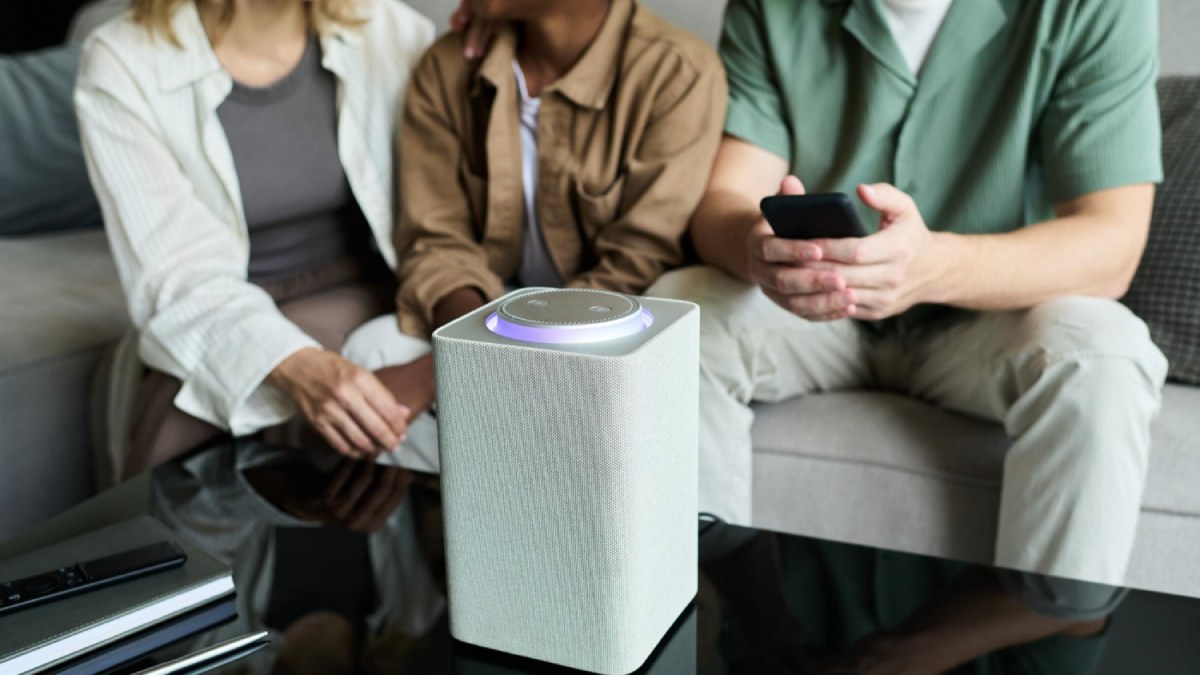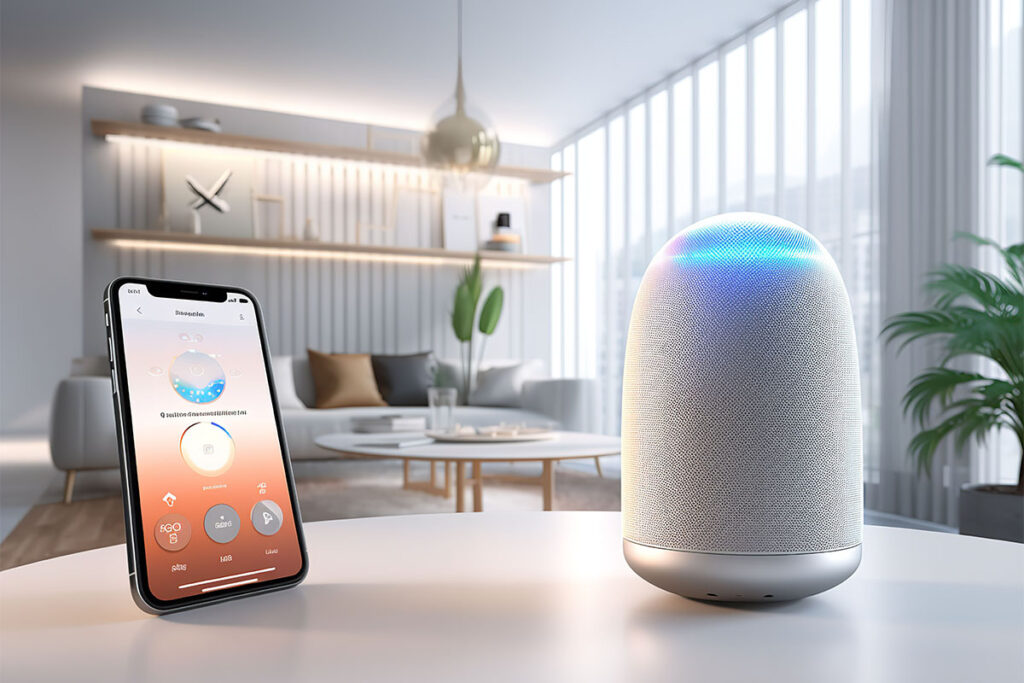Voice assistants like Alexa, Google Assistant, and Siri have transformed how we interact with technology. These AI-powered tools are becoming smarter every day, offering new features that simplify tasks, enhance convenience, and integrate seamlessly into our daily lives. The evolution of voice assistant technology continues to redefine the way we manage our homes, work, and routines.
The Evolution of Voice Assistants
Since their introduction, voice assistants have evolved from simple voice recognition systems to sophisticated AI-driven tools. Early versions could only perform basic commands, but today’s assistants can manage calendars, control smart home devices, and even provide personalized recommendations.
Advancements in natural language processing (NLP) and machine learning have enabled these devices to understand complex queries and offer more accurate responses, making them indispensable in modern life.
Smart Home Integration: The Heart of Convenience
One of the most significant advancements in voice assistant technology is their integration with smart home devices. From adjusting your thermostat to turning off lights, voice assistants act as central hubs for controlling your home environment. Popular platforms like Amazon Echo and Google Nest make managing multiple devices effortless.
Features like routines allow users to automate tasks, such as setting a “good morning” command that turns on the lights, starts the coffee maker, and provides a weather update.
Enhanced Personalization Features
Today’s voice assistants offer enhanced personalization by learning user preferences over time. For example, Alexa can remember your favorite playlists, while Google Assistant can suggest recipes based on your previous searches. This level of customization ensures that your digital assistant feels uniquely tailored to your needs.
Additionally, multi-user support allows voice assistants to differentiate between users based on their voice, providing personalized responses for each household member.
Language and Translation Capabilities
Modern voice assistants are breaking down language barriers with real-time translation features. Google Assistant’s “Interpreter Mode” allows users to communicate in different languages, making it ideal for travelers and multicultural environments.
These advancements demonstrate the potential of AI-powered voice assistants to foster better communication across the globe.
Productivity Boosters for Work and Life
Voice assistants have also become invaluable tools for improving productivity. Features like setting reminders, scheduling meetings, and sending messages hands-free help users manage their busy lives more efficiently. With integrations into productivity apps like Microsoft Outlook or Google Calendar, staying organized has never been easier.
For businesses, voice assistants are now being used for customer service automation, streamlining interactions, and enhancing the customer experience.
Future Developments in Voice Assistant Technology
The future of voice assistant technology is incredibly promising. Researchers are working on making these devices more context-aware, enabling them to understand nuanced conversations. Additionally, privacy concerns are being addressed with improved security features, such as voice authentication.
We can also expect voice assistants to become more proactive, offering suggestions and taking actions without explicit commands, further simplifying daily tasks.
Conclusion
Voice assistants are no longer just a convenience; they are essential tools that enhance productivity, connectivity, and overall quality of life. With features like smart home integration, personalized experiences, and advanced language capabilities, these AI-driven tools are shaping the future of technology. As they continue to evolve, voice assistants will undoubtedly become even smarter and more indispensable in our daily routines.
| Product | Description |
|---|---|
| Amazon Echo (4th Gen) | A powerful smart speaker with Alexa integration and smart home controls. |
| Google Nest Hub | A versatile assistant with a screen for visual interactions and home control. |
| Apple HomePod Mini | Compact design with Siri integration and excellent sound quality. |
| Sonos One | A premium speaker offering compatibility with Alexa and Google Assistant. |


